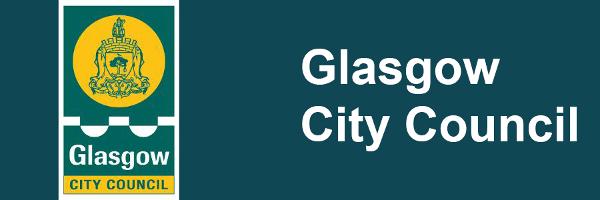Circular Economy
The Circular Economy has emerged as a response to the challenges created by a disposable and throwaway society that has developed over the past few decades.
Many of us will recognise that the items we replace or dispose of still have life and value. However, we need to consider the environmental impact of making these choices.
A systemic change is required to alter this behaviour from consumers and the designers, developers, and manufacturers of products to reduce the waste of precious natural resources.
The shift to a circular economy aims to establish practices and behaviours that will ensure materials and resources already in use stay in use, ensuring that these materials remain valuable and productive and that they remain in circulation and are not lost to waste.
In many cases, the need for circular practices needs to be addressed at a global level and can be beyond the reach of the local authority. However, this does not mean we cannot positively influence the development of the circular economy in Glasgow, with the City Council acting as a leader in this action.
The circular economy also has the potential to impact a positive influence on society. This systemic change to our local economy can empower our citizens, provide new opportunities for community wealth building and aid our vision for an inclusive, resilient local economy.
Our Circular Economy Route Map (PDF, 7 MB)(opens new window) sets out a framework and a detailed action plan to enable Glasgow to embrace a sustainable economic future. It presents a vision for the city's future and provides the context in which our local economy is seen as an engine for environmental and social regeneration, allowing a just transition towards a net-zero carbon city.




